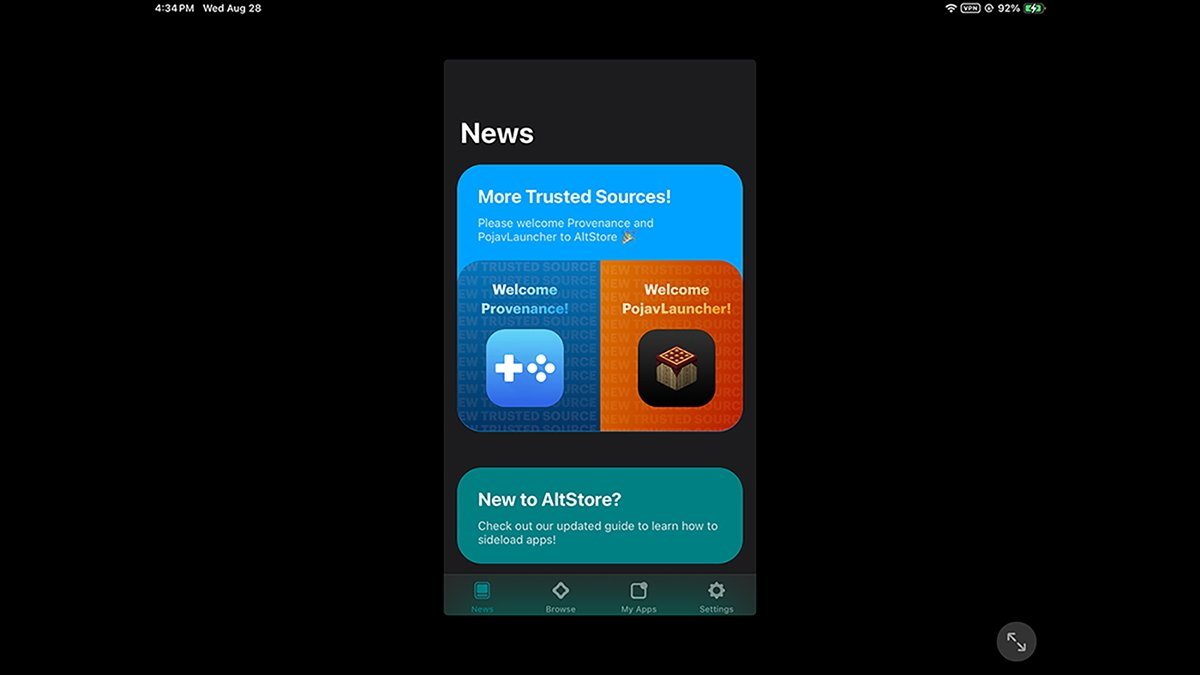
Apple’s Chief Financial Officer, Kevan Parekh, has testified at a UK trial, disputing claims by the prosecution that the company has a 75 percent profit margin on its App Store for iPhone and iPad.
The seven-week trial happening in London is likely to the be the first case in a series of attacks on various Big Tech companies and their various paid services or app stores. The case is being heard by the UK’s Competition Appeal Tribunal.
Antitrust and consumer advocates in the case say that because the iPhone and iPad app stores are the only authorized outlets for obtaining apps and services on those platforms, they constitute a monopoly. The lawsuit, filed on behalf of 20 million UK Apple users, says that this monopoly allows Apple to charge a standard 30 percent commission, leading to inflated costs for consumers.
Apple has rebutted the charges, noting that 84 percent of the apps in the App Store are free, and thus developers pay Apple nothing in commission. Those apps generally sustain their costs by running ads within the application.
Apple’s cut of App Store sales
Paid apps and in-app purchases are subject to the 30 percent fee, but recurring subscription apps pay only a 15 percent commission after the first year. Apple changed this rule slightly in late 2020, giving developers with less than $1 million in annual revenue a cap of 15 percent commission.
The company has further pointed out in its filing that it considers the fees fair, noting that other app stores have similar commission rates. It notes that the commissions cover the cost of the store and services provided to developers — such as security, promotion, and the development of digital tools for access.
Barrister Michael Armitage, representing the claimants, pointed to evidence cited in a separate but similar case by the Department of Justice in the US as the basis for the 75 percent profitability claim. He also engaged an expert accountant on behalf of the UK lawsuit, who came up with a similar figure, according to the Financial Times.
In his testimony on January 16, Parekh attacked the prosecution’s claim of such a high profit margin, saying both that the 75 percent claim “wasn’t accurate,” and also suggested that separating out App Store profits from Apple’s integrated services was all but impossible.
“I think it’s possible to do a directional estimate” of the App Store’s profitability, he said. Parekh testified that there were too many “indirect costs” that the company could not allocate to “specific products or services.”
In response to the barrister’s skepticism, Parekh said that “any attempt to allocate these types of costs would involve imprecise and subjective judgments.” The prosecution pointed out that Apple was claiming that figuring out the profit margin of the App Store by itself was essentially impossible.
The case against Apple’s App Store fees
The case in the UK is being led by digital economy specialist and lecturer at King’s College Dr. Rachael Kent. The class of claiments are seeking 1.5 billion pounds (around US $1.82 billion) in damages on behalf of App Store customers.
Kent said in a statement that Apple has “no right” to charge such a significant commission fee — “particularly when Apple itself is blocking our access to platforms and developers that are able to offer us much better deals.”
It’s not clear why Kent believes that Apple has no right to charge what it wants. It very clearly does — until the laws about platform accessibility get changed.
“Apple achieves this by slapping unjustified charges on its users,” she said in her filing, pointing out that global App Store revenues topped $15 billion in 2021. “It would not be able to impose these exorbitant charges if competitor platforms and payment systems were allowed to compete on its devices,” the brief noted.
Apple’s lawyers have countered that the App Store’s integration into iOS enhances user privacy, security, and the value of a seamless experience, and disputed the prosecutions estimate as flawed.
Will consumers use alternative app stores?
By contrast, the European Union handled this matter differently, by passing legislation that mandates that Apple allow alternative app stores — although thus far, the results are decidedly mixed. Under the EU’s Digital Markets Act, Apple is allowed to create rules and guidelines for alternative app stores.
Apple, in a statement, said that its approach to the DMA is guided by two fundamental goals: “Complying with the law, and reducing the inevitable, increased risks the DMA creates for our EU users.”
According to Apple’s statement, “that meant creating safeguards to protect EU users to the greatest extent possible and to respond to new threats, including new vectors for malware and viruses, opportunities for scams and fraud, and challenges to ensuring apps are functional on Apple’s platforms.” The company added that despite this effort, “these protections don’t eliminate new threats the DMA creates.”
Despite these restrictions, at least four alternative app stores are operating in the EU. The best-known examples are Riley Testut’s AltStore, and the Epic Games Store.
Apple is still able to review any apps offered on these alternative stores to make sure they comply with Apple’s safety and security rules, a process it calls “notarization.” And, there are still fees.
 The Altstore running on iPadOS in the EU.
The Altstore running on iPadOS in the EU.
The alternative stores must also pay Apple a Core Technology Fee of about half a Euro (around 51 cents US) after the first million installs of a paid app, and for every new download of a paid app after the first million.
Other alternative app stores include the games-focused Aptoide, productivity-focused Setapp Mobile, and Buildstore. The latter two use a monthly subscription model to access their curated collections of apps.
In general, apps that are completely free are not subject to any fees or restrictions, or as in the case of Setapp Mobile, the apps are included as part of the monthly subscription. It is thus far unclear how successful these two EU alternative stores have been, as they are not required to report sales figures or profits outside of the EU.
The UK trial is expected to last for approximately seven weeks. Similar cases against Alphabet, Meta, and Microsoft are expected in the US and UK later in 2025.




